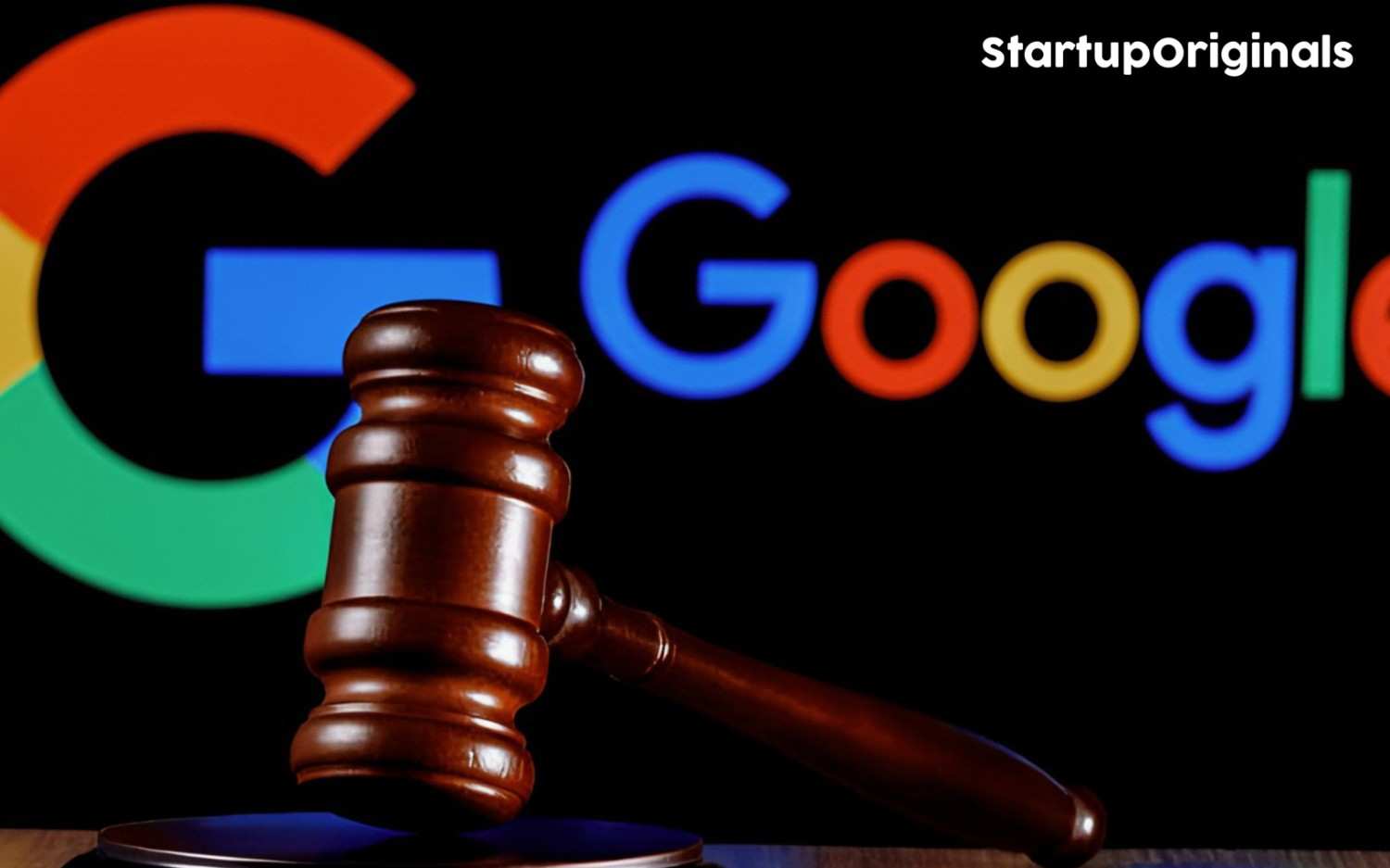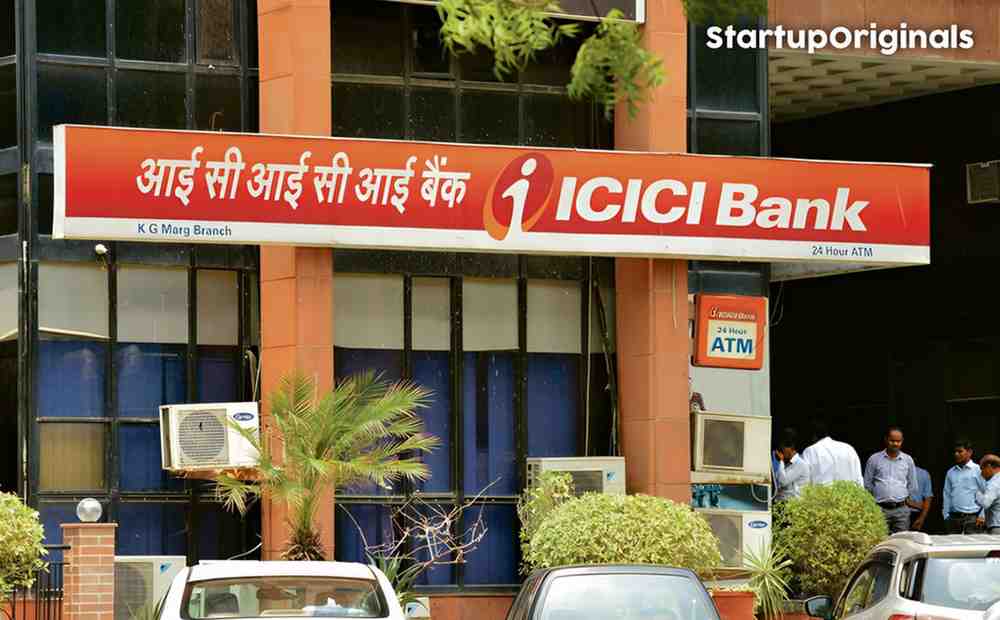
The Supreme Court of India has temporarily stayed an order from the Madras High Court that had allowed edtech firm Testbook Edu Solutions to proceed with its legal challenge against Google over its Play Store billing policies. The case highlights ongoing tension between app developers and major digital platforms over service fees and contractual terms.
Background: The Testbook vs. Google Legal Battle
Testbook, which operates over 700 mobile apps focused on government exam preparation, filed a civil suit in July 2023 against Google India Digital Services. The company contested Google’s updated billing policies-the Google Play Billing System (GPBS) and User Choice Billing (UCB)-which mandate service fees of 15% to 30% for app developers. Testbook argued that these policies constituted a “unilateral novation” of Google’s agreement with developers, alleging economic duress and potential revenue losses of up to 26%.
Additionally, Testbook challenged Clause 15.3 of Google’s Developer Distribution Agreement, which restricts developers’ remedies to simply leaving the Play Store in the event of disagreements. The firm claimed this clause was arbitrary and breached the Indian Contract Act.
High Court Ruling: Civil Court Jurisdiction Affirmed
The Madras High Court initially rejected Google’s request to dismiss the suit under Order VII Rule 11 of the Civil Procedure Code. Google had contended that the matter fell solely within the purview of the Competition Commission of India (CCI) and the National Company Law Appellate Tribunal (NCLAT), not the civil courts, since allegations involved market dominance and payment regulations.
However, the High Court distinguished Testbook’s case from other dismissed suits, noting that Testbook’s claims related to specific contractual grievances-such as waiver and tortious interference-instead of general abuse of dominance under competition law. Thus, it ruled that these in-personam disputes could be heard by civil courts.
Supreme Court Stay Order: Status Quo Maintained
On August 4, 2025, a bench led by Justices JB Pardiwala and R Mahadevan stayed the Madras High Court’s order, effectively pausing all proceedings in the Testbook suit until further notice. Google’s appeal argued that allowing individual suits about platform contracts could create inconsistent outcomes and conflict with ongoing regulatory investigations by the CCI. The Supreme Court’s intervention keeps the issue unresolved for now, as it will examine whether civil courts can hear such contractual disputes or if they should remain exclusively under the jurisdiction of statutory regulators.
Broader Implications for Tech Policy and App Developers
This case is closely watched by India’s vast community of app developers, as well as the global tech industry. Its outcome may help clarify the boundaries between contract law, competition law, and regulatory oversight in the digital economy. The Supreme Court’s eventual ruling will have far-reaching consequences for how contractual disagreements between app stores and developers are settled in India.
Conclusion: Key Legal Questions Await Supreme Court Resolution
The Supreme Court’s stay halts Testbook’s challenge against Google for now, leaving open critical questions around the jurisdiction of civil courts in digital platform disputes. App developers, tech platforms, and regulators alike are watching for the apex court’s decision, which will shape the legal landscape for digital commerce in India.




